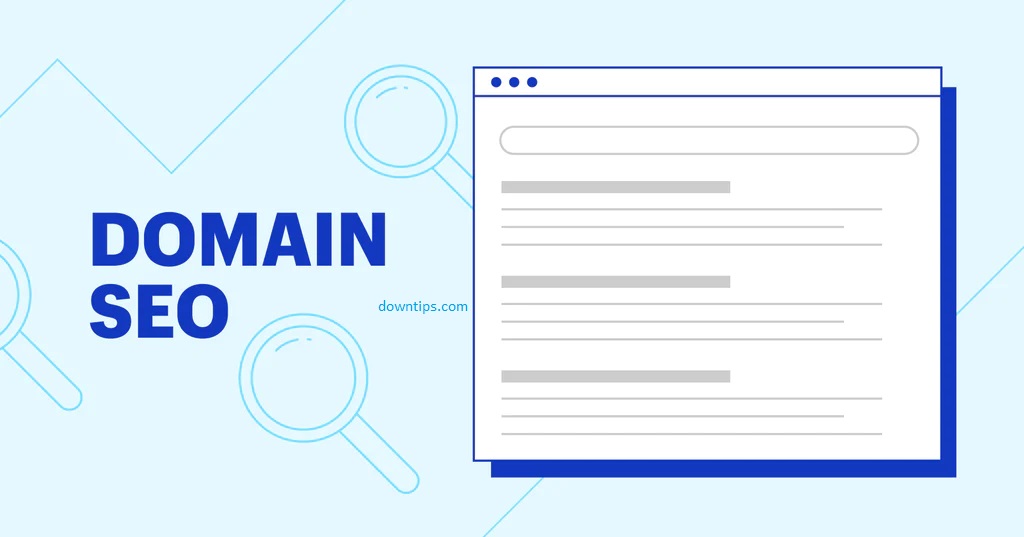It is not difficult to get your website to index and even SEO rank on the search engines. However, getting your website to rank for specific keywords can be tricky. There are essentially 3 elements that a search engine considers when determining where to list a website on the SERP: rank, authority, and relevance.
Rank is the position that your website physically falls in on the SERP when a specific search query is entered. If you are the first website in the organic section of the SERP (don’t be confused by the paid ads at the top), If your website is in the second position, your rank is, and so on. As discussed previously in How Search Engines Work, your rank indicates how relevant and authoritative your website is
in the eyes of the search engine, as it relates to the search query entered.
Tracking how your website ranks for a specific keyword over time is a good way to determine if your SEO techniques are having an impact. However, since there are so many other factors beyond your control when it comes to ranking, do not obsess over it. If your website jumps 1-5 spots from time to time, that’s to be expected. It’s when you jump 10, 20, or 30 spots up in the rankings that it makes sense to pat yourself on the back.
As previously discussed in the How Search Engines Work section, search engines determine how authoritative and credible a website’s content is by calculating how many inbound links (links from other websites) it has. However, the number of inbound links does not necessarily correlate with
higher rankings. The search engines also look at how authoritative the websites that link to you are, what anchor text is used to link to your website and other factors such as the age of your domain.
You can track how authoritative your website is over time by monitoring a few different metrics. There are a variety of tools to help you keep track.
DownTips offers a free tool called Website Grader that will show you how many domains are linking to your website, and also provide your website’s.(How Seo Ranks)
Moz rank. MozRank is SEOmoz’s general, logarithmically scaled 10-point measure of global link authority or popularity. It is very similar in purpose to the measures of link importance used by the search engines (e.g., Google’s PageRank).
Relevance is one of the most critical factors of SEO. The search engines are not only looking to see that you are using certain keywords, but they are also looking for clues to determine how relevant your content is to a specific search query. Besides actual text on your web pages, the search engines will review your website’s structure, use of keywords in your URLs, page formatting (such as bolded text), and what keywords are in the headline of the webpage versus those in the body text.
While there is no way to track how relevant your website is, there are some SEO basics you can practice to cover your bases and make sure you are giving the search engines every possible opportunity to consider your website. We’ll get to that in just a bit.
Search engines are extremely complex. Bottom line: the search engines are trying to think like human beings. It is very easy to get caught up in modifying your website’s content just so you rank on the search engines. When in doubt, always err on the side of providing relevant and coherent content that your
website’s audience (your prospects) can digest. If you find yourself doing something solely for the search engines.(How Seo Ranks)

- Relevance of Content:
- Search engines aim to provide users with results that match their search queries. The relevance of your content to the user’s search query is a critical factor. This includes the use of appropriate keywords, well-structured content, and addressing the user’s intent effectively.
- Keyword Optimization:
- Proper keyword usage is fundamental to SEO. This involves incorporating relevant keywords in the page title, meta description, headers, and throughout the content. However, it’s important to maintain a natural and user-friendly flow, avoiding keyword stuffing.
- Content Quality:
- High-quality, valuable, and engaging content tends to rank higher. Content should be informative, well-written, and provide a positive user experience. Longer, comprehensive articles often perform well, but the key is to focus on meeting user needs.
- Backlinks and Link Building:
- Backlinks (links from other websites to yours) are a strong signal of a website’s authority and credibility. High-quality, relevant backlinks from authoritative websites can significantly impact rankings. However, it’s crucial to prioritize quality over quantity.
- User Experience:
- Search engines consider the overall user experience of a website. Factors such as page load speed, mobile-friendliness, and ease of navigation contribute to a positive user experience. Websites that provide a seamless and enjoyable experience are likely to rank higher.
- Technical SEO:
- Technical aspects of a website play a crucial role in SEO. This includes optimizing elements such as:
- Website speed and performance.
- Mobile responsiveness.
- Proper use of HTML tags, including meta tags and header tags.
- Clean and readable URL structures.
- Implementation of SSL certificates for secure connections.
- Technical aspects of a website play a crucial role in SEO. This includes optimizing elements such as:
- Domain Authority:
- Domain authority reflects the overall strength and trustworthiness of a website’s domain. It is influenced by factors like the age of the domain, the quality of content, and the quantity and quality of backlinks. Older, established domains often have higher domain authority.
- Social Signals:
- While the direct impact of social signals (engagement on social media platforms) on SEO is debated, there is evidence that they can indirectly influence rankings. Popular content on social media may attract more backlinks and contribute to increased visibility.
- Local SEO Factors:
- For businesses targeting local audiences, local SEO factors come into play. This includes optimizing Google My Business profiles, obtaining local citations, and managing online reviews.
- Algorithm Updates:
- Search engines frequently update their algorithms to enhance the quality of search results. SEO professionals must stay informed about these updates and adjust their strategies accordingly.(How Seo Ranks)




